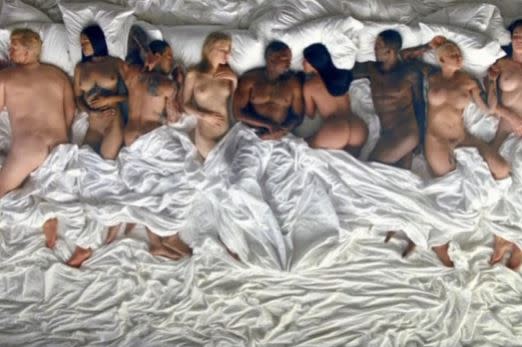Despite curfew, deaths in student protests in Bangladesh are increasing
DHAKA, Bangladesh (AP) – Police imposed a strict curfew in Bangladesh and military forces patrolled parts of the capital on Saturday to prevent further violence after days of Disputes over the allocation of government jobs Several people died and hundreds were injured.
The Curfew follows probably the deadliest day yet in weeks of protests despite a ban on public gatherings. The number of people killed on Friday varies; Somoy TV reported 43. An Associated Press reporter saw 23 bodies at the Dhaka Medical College and Hospital, but it was not immediately clear whether they had all died on Friday.
Another 22 people died on Thursday as student protesters tried to force a “complete shutdown” of the country. Several people also died on Tuesday and Wednesday.
The protests began weeks ago, but escalated sharply when Violence broke out on Tuesdayrepresent the biggest challenge for Prime Minister Sheikh Hasina since she won a fourth consecutive term in office following elections in January, which were boycotted by the main opposition groups.
In Dhaka and other cities in the South Asian country, police clashed with protesters on the streets and university campuses. Authorities began clamping down on online communication by banning mobile phone and internet services. Some television news channels also went offline and the websites of most Bangladeshi newspapers failed to load or were not updated.
Authorities were not immediately available to confirm the total death toll, but the Daily Prothom Alo newspaper reported that 103 people had been killed since Tuesday.
The US Embassy in Dhaka said on Friday that there were reportedly hundreds to thousands of injuries across Bangladesh and that the situation was “extremely unstable”.
Local media also reported that around 800 inmates escaped from a prison in Narsingdi, a district north of the capital Dhaka, after protesters stormed the jail and set it on fire on Friday. Meanwhile, several key government websites, including those of the Bangladesh Central Bank and the Prime Minister’s Office, were apparently compromised by hackers.
The curfew began at midnight and will be relaxed from noon to 2pm to allow people to buy essentials, after which it will be reinstated until 10am on Sunday. A shoot-to-kill order is also in place, giving security forces the right to fire on the mob in extreme cases, said lawmaker Obaidul Quader, general secretary of the ruling Awami League party.
The chaos highlights Cracks in Bangladesh’s government and economy and the frustration of young people who lack good jobs after graduating from school.
The protesters are demanding an end to the quota system that reserves up to 30% of government jobs for relatives of veterans who Bangladesh’s War of Independence 1971 against Pakistan. They argue that the system is discriminatory and favours supporters of Hasina, whose Awami League party led the independence movement, and they want to replace it with a merit-based system.
Hasina defended the quota system, arguing that veterans deserved the highest respect for their contributions to the war, regardless of their political affiliation.
Representatives from both sides met late Friday to find a solution. At least three student leaders attended the meeting, where they called for reform of the quota system, opening of student dormitories across the country and the resignation of university officials for failing to prevent violence on campus.
Law Minister Anisul Huq said the government was open to discussions on the student leaders’ demands.
The protests are also supported by the largest opposition party, the Bangladesh Nationalist Party, which has announced that it will organize its own demonstrations, in which many of its supporters will join the student protests.
In a statement on Friday, the BNP said its supporters were not responsible for the violence and the party did not support sabotage for political reasons.
The Awami League and the BNP have often accused each other of fomenting political chaos and violence, most recently ahead of the country’s national elections, which were marred by a Crackdown on several opposition figures While Hasina’s government accused the party of trying to rig the election.
Hasina’s government had previously suspended job quotas following mass student protests in 2018. But in June, Bangladesh’s Supreme Court overturned that decision and reinstated the quotas after relatives of 1971 veterans filed petitions. The Supreme Court stayed the ruling pending an appeal hearing and said in a statement that it would revisit the matter on Sunday.
Hasina has asked the protesters to wait for the court’s verdict.
___
Saaliq reported from New Delhi, India.



:max_bytes(150000):strip_icc():focal(947x395:949x397)/prince-william-charlotte-george-taylor-swift-062224-8ebdc9649b1f48a298c5d314e8d8a824.jpg)